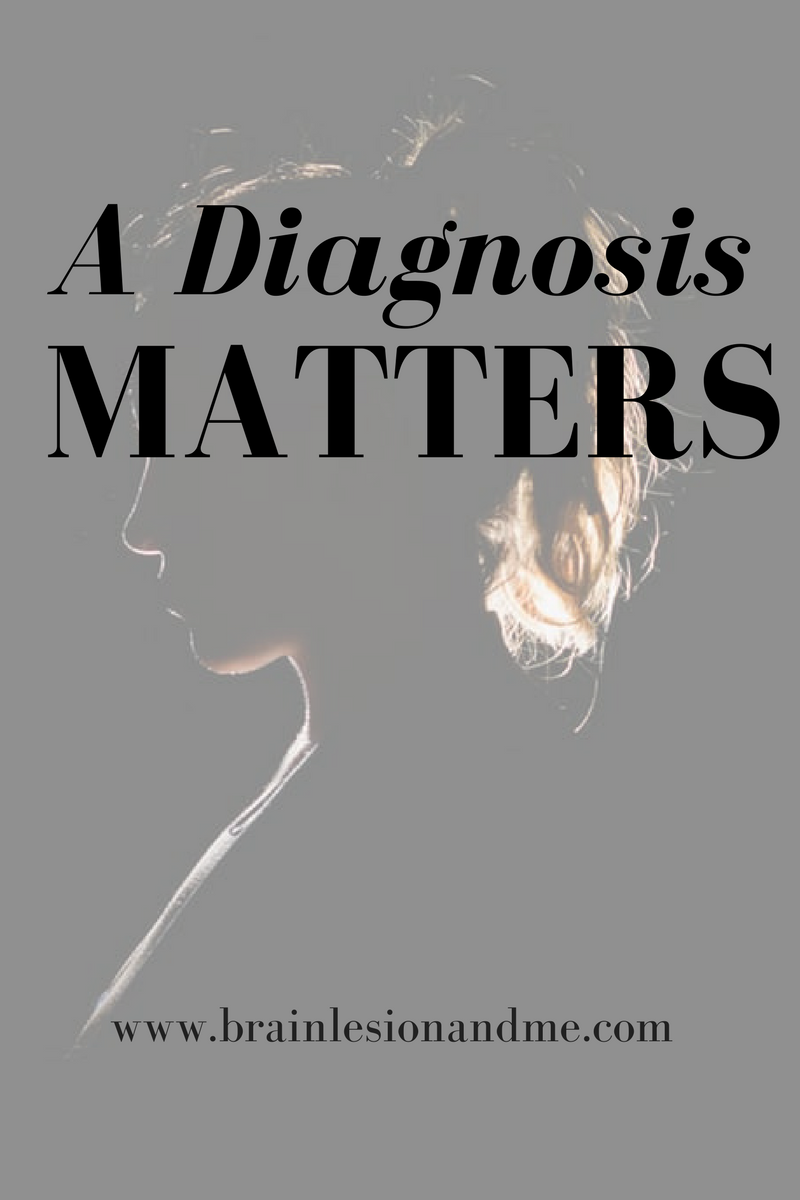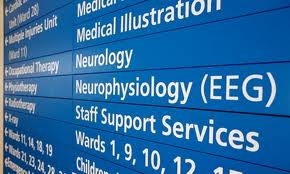Being undiagnosed and having no answers for the peculiar going on inside our bodies is very much like being stuck in a darkened room with no light.

After every uneventful doctors’ appointments, and every negative test results only moves the light switch further from our grasp, and we remain, still in the dark. You begin to fear every upcoming appointment for the worry that this meeting will end with the platitudes that you’ve heard many times before, such as “We know there is something wrong, but we just don’t know what.” Then there is the usual carousel of different doctors from different specialties, some you may have seen before but which only yielded more questions.
In our world of living with chronic illness, the light offers answers to our predicament, in the hope of appropriate treatment and a better future.
Remaining in the dark, however, leaves us still with many unanswered questions, and living with a future of unknowns.
[Tweet “Being undiagnosed leaves us with many unaswered questions and a future of unknowns.”]

I read an interesting article that was written after the author was eventually diagnosed with an autoimmune condition. In the article, she wrote that although she was thankful for finally being diagnosed, she felt however that nothing really changed with regards to her life with chronic illness.
And this is true, of course.
Getting a diagnosis; an answer to the big question that has been hanging over your head for a long time doesn’t really change anything. The symptoms, the limitations placed upon your life and the other effects that chronic illness has on your body and your life hasn’t really changed. Life is really the same regardless of whether or not we have a diagnosis.
But often a diagnosis matters. Some may just say it’s only a label, but when you have been in the dark for so long, it’s more than just a label. They provide answers. Validation. Proof that the doctors that were cynical in their treatment of you, those doctors that told you “it’s all in your head” were wrong, and you in your insistence that something was wrong with your own body was right.
[Tweet “A diagnosis matters. It’s more than just a label. They provide answers. Validation.”]
A clinical diagnosis almost acts like a lightsaber against those forces that doubted the existence of the symptoms ruling your body and life.
We need to know exactly what we are dealing with. To have some idea of what the future holds for us instead of living with unknowns and what ifs.
A diagnosis matters.

A diagnosis can lead to answers. It is far easier to find information when searching on Google when you have specific keywords to search, such as a diagnosis of MS for example than if searching for the many symptoms you are experiencing in the hopes of coming across the answer for yourself.
It’s also far easier to find others like you, those also battling the same disease as you; to build an online support system with those who understand, swapping tips and stories of your own experiences of living with the condition. A diagnosis matters.
A diagnosis can lead to treatment options where there were none before. And it’s these treatment options that can provide hope and a chance at a better quality of life. A diagnosis as well, of course, can also help with practical matters such as helping to qualify for disability and other types of assistance. A diagnosis matters.

For me, I have been waiting for more than most for a definitive clinical diagnosis for symptoms experienced since young childhood, some possibly since birth. For years, I have seen so many different specialists, sometimes more than once. Received the cliched response that the symptoms are due to depression and anxiety and sent on my way with a prescription for medications to treat such ailments but still with no improvement. Years with no name or explanation for what I was experiencing. Years of disappointment and hopelessness after test after test came back normal.
Last year I was referred to see a specialist neurological consultant in London and which I attended last month. I admit I went to the appointment with not much expectation, after many years of disappointment I have learned the hard way not to get your hopes up as they will inevitably be dashed with a lack of answers, leaving with no diagnosis and an uncertain future.
However, although I came away from this particular appointment with no formal clinical diagnosis, I feel that I have found a small flicker of light in the darkness of suffering. After the consultant’s senior registrar took a thorough clinical history, gave a detailed neurological examination and poured through my hospital notes, the mystery that is my life and has so far eluded many doctors, he left the room to consult with the top neurologist at the hospital to discuss my case.

He concluded that the problems I have experienced, and are still are experiencing are due to a neurological problem of some kind but unsure of the exact cause or even a name for what I was experiencing. Due to the problems I had shortly after birth, he concluded that it was highly likely the cause of many of my symptoms was from birth and may either be due to damage to the brain during the delivery or even a genetic condition of some description.
Could it be that whatever condition I am suffering was determined before I was even born? That the development of the symptoms was inevitable like me having blue eyes?
Apart from the unknown neurological condition, the consultant also felt that other problems were going on, diagnosing me with a Functional Neurological Condition, which I have previously written about after a local specialist diagnosed me with FND.
Apparently, it is common for patients exhibiting functional symptoms in conjunction with other illnesses.
Alongside these, I was also diagnosed previously with a vestibular condition; a weakness of the vestibular nerves (those nerves that run from the ear to the brainstem) resulting in dizziness and vertigo. It is not uncommon for those living with chronic illness to experience more than one condition. Like jugglers who juggle many balls at once, our bodies often juggle many symptoms from different ailments at once. Each symptom vying to be the centre of attention.
[Tweet “Our bodies often juggle many symptoms at once. Each symptom vying to be the centre of attention.”]

In the meantime, the consultant is going to speak to other specialists from other departments to narrow down the possible suspects that could be the cause of the as yet undiagnosed condition before doing investigations such as genetic testing.
So, although I left this most recent appointment with no definitive answers or a definite diagnosis, however, I did leave with hope. Hope that we are one step closer to an explanation for symptoms that have been with since a baby. Validation that although we are not sure of exactly what is wrong with my brain, I have been reassured that there is something wrong, and it’s not ‘all in my head’ (well technically it is, but you know what I mean).

I’m not at the end of the diagnosis journey, however, but I can finally begin to see the light although unable to touch it just yet.




